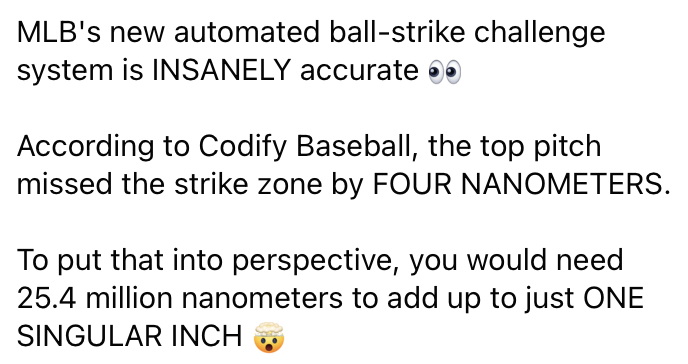New Zealand announced a nationwide ban on cryptocurrency ATMs to combat financial crime, a decision led by Associate Justice Minister Nicole McKee and part of broader Anti-Money Laundering and Countering the Financing of Terrorism (AML/CFT) regime reforms, according to a Cointelegraph report.
More than 220 crypto ATMs operated in New Zealand by April 2025, according to the Ministerial Advisory Group on Transnational, Serious and Organised Crime. These kiosks, often in convenience stores, petrol stations, vape shops, and laundromats, allowed cash-to-digital asset conversions with minimal identity verification. McKee stated in an interview with 1News, “These are a sound form of money laundering.” She cited a case involving NZ$107 million ($64 million) allegedly laundered through such channels, and referenced an individual caught using crypto to purchase 100 kilograms of methamphetamine for import into New Zealand. The ability to convert cash to digital currency and transfer it overseas quickly, without significant oversight, facilitated illicit financial flows for activities including drug trafficking, scams, and weapons purchases. Alongside the crypto ATM ban, Minister Nicole McKee implemented a NZ$5,000 cap on international cash transfers.
CoinFlip, New Zealand’s largest crypto ATM provider with approximately 120 machines, expressed dissatisfaction, calling the ban “a step backward for the digital economy.” The company argued that focused, effective regulation could achieve government goals without hindering innovation. CoinFlip stated, “We believe the Government can achieve their goals while also encouraging innovation by implementing smart, effective regulation that targets bad actors.” They proposed alternatives such as wallet pinning, photographic records, and pre-transaction risk monitoring to mitigate criminal use while maintaining legitimate access.
EU might to decrypt your private data by 2030
Bitcoin is legal in New Zealand, allowing individuals to buy, sell, and hold cryptocurrencies. They are not legal tender but are classified as property under New Zealand law, making them taxable. Income from crypto trading or mining is subject to income tax. Businesses in the sector must register and comply with Anti-Money Laundering and financial conduct regulations. The government’s approach integrates digital assets into existing legal frameworks, encouraging users to engage with registered providers for recourse while acknowledging limited consumer protections.
The crypto ATM ban is part of a larger AML/CFT reform package introduced by McKee. Key measures include:
- A NZ$5,000 cap: on international cash transfers, aimed at disrupting the flow of criminal funds offshore.
- Enhanced data sharing powers: for the Financial Intelligence Unit, allowing it to request real-time information from financial institutions about individuals under investigation.
- Streamlined compliance obligations: for low-risk businesses, intended to ease regulatory burdens without compromising enforcement strength.
McKee stated, “Since 2019, the global financial and regulatory landscape has shifted significantly… We need a smarter, more agile AML/CFT system, one that targets criminals’ ability to launder money, while enabling New Zealand businesses to operate efficiently and competitively.”
New Zealand’s ban aligns with actions taken by other countries. In 2022, the United Kingdom’s Financial Conduct Authority (FCA) effectively banned crypto ATMs by refusing to license such services under the UK’s Money Laundering Regulations. Singapore’s Monetary Authority instated a moratorium on crypto ATMs in 2022 as part of a broader crackdown on unregulated digital assets. China enforced a sweeping ban on most cryptocurrency transactions, including ATM operations, in 2017. In contrast, Australia’s Transaction Reports and Analysis Centre (AUSTRAC) introduced new compliance rules for crypto ATM operators in June 2025, including a cash deposit and withdrawal cap of A$5,000 ($3,260), enhanced KYC checks, and mandatory scam alerts, focusing on regulation rather than a ban.

